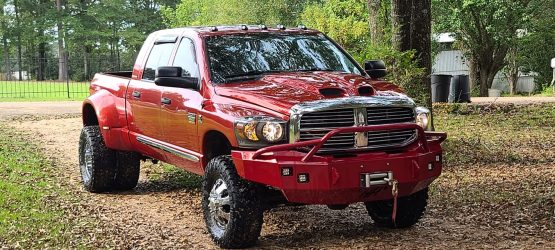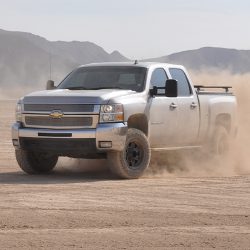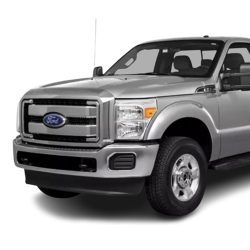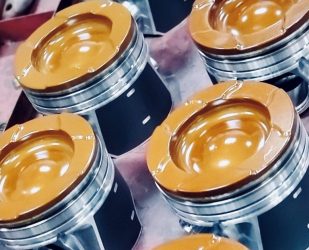Why Do CP4 Diesel Injection Pumps Fail?
Sudden failure of CP4 diesel engine injection pumps can be expensive, not to mention inconvenient. If your vehicle has failed to start or is refusing to run normally, you’ll want to figure out why that is so you can get back on the road as soon as possible.
Get your vehicle road-ready with a team of experts dedicated to ensuring you get the best service possible. Choate Engineering Performance is the perfect choice for all things related to diesel engines.
We’ve compiled some common reasons why these vital components fail and how you can avoid them.
Injection Line Leaks (Injectors or Pump)
An injection line leak occurs when the seals in your fuel injector or CP4 pump are damaged. The most common symptom of an injection line leak is excessive black smoke from the exhaust pipe.
If you notice this, you’ll need to check if any excess fuel has entered your engine. To do this, turn the engine off and stick a paper towel under one or more of your injectors’ hoses (avoid placing them near spark plugs).
Start the engine again. If there’s excess fuel on that paper towel, one or more of those injectors have been leaking. Remove each hose and inspect it closely for cracks or other damage. If you find any cracks, replace all hoses with new ones as all of them have likely been compromised.
Poorly Performing Injectors
Poor atomization can clog and block your injectors. As a result, it’ll cause incomplete combustion and accumulate carbon deposits on the injector nozzle. It will then reduce the component’s ability to deliver accurate fuel into the cylinder.
Injectors can become faulty through high mileage, contaminated fuel, debris in the fuel system, extreme temperatures, or over-pressurization. The result is poor fuel delivery leading to insufficient power or rough idle.
Defective Lift Pump
The lift pump is a mechanical device that pressurizes the fuel system. It’s usually located at the front of the engine and is connected to the fuel rail.
When it fails, it can cause your engine to stall or stop working altogether if you don’t have another pump in place that delivers enough pressure into your fuel rail (which would normally be done by a lift pump).
Drive Shaft Bearing
A drive shaft bearing is the most common cause of failure, but it isn’t the only one. The injection pump drive shaft is made of plastic, and it isn’t designed for high-pressure applications like diesel pumps.
When an injection pump fails, it won’t spin at all. But if there’s no pressure in the fuel system, it will still run fine on its own. You just have to get it started manually.
However, if there’s a leak in your diesel tank or coolant system (or both), then that loss of pressure will cause your engine to fail because there won’t be any power going through your injectors.
Improper Mechanical Timing
As your vehicle ages, you may notice that the engine performance is declining. It could be due to various reasons, including component deterioration, improper timing, or vehicle overuse.
However, one thing you should always check when you have problems with your vehicle is whether or not the timing belt or chain has been replaced according to the manufacturer’s specifications.
Incorrect timing can cause problems such as loss of power and difficulty starting up the engine. If any of these issues occur, you need to check if you have a problem with your timing belt or chain before taking further action.
Conclusion
If you have a vehicle that is experiencing problems with its CP4 diesel injection pump, it’s important to know the cause of the issue and how to fix it. By checking the most common problems listed above, you will be able to identify the cause of any engine malfunction before spending unnecessary money on repairs that may not even solve your problem.
Choate Engineering Performance can help you get the most out of your diesel engine, whether it’s an old one or a new model. To know more about our products and services, drop us a message here or call us at (901) 553 – 9847.





